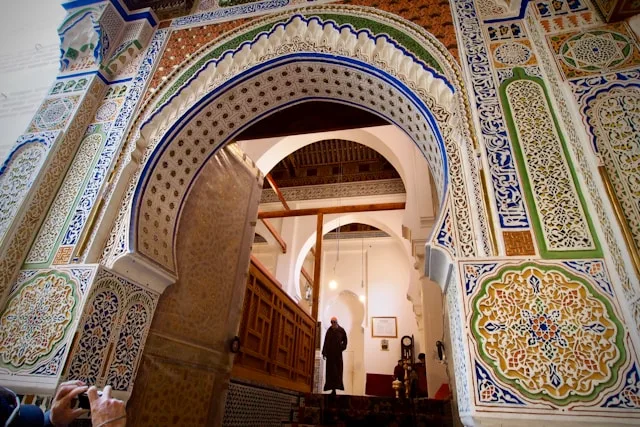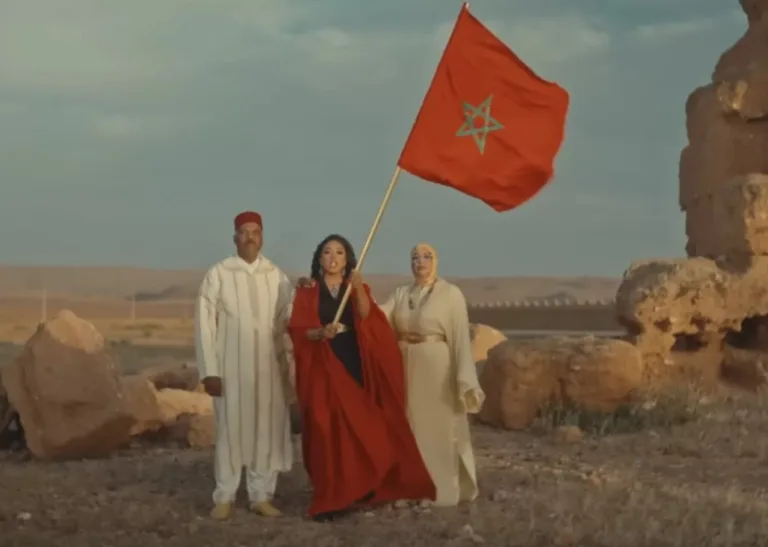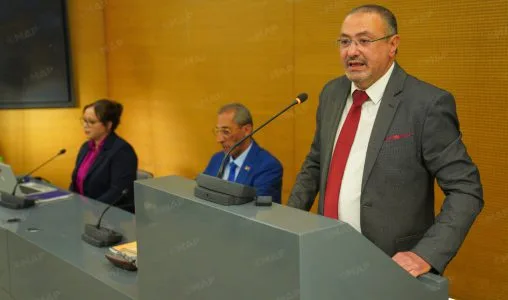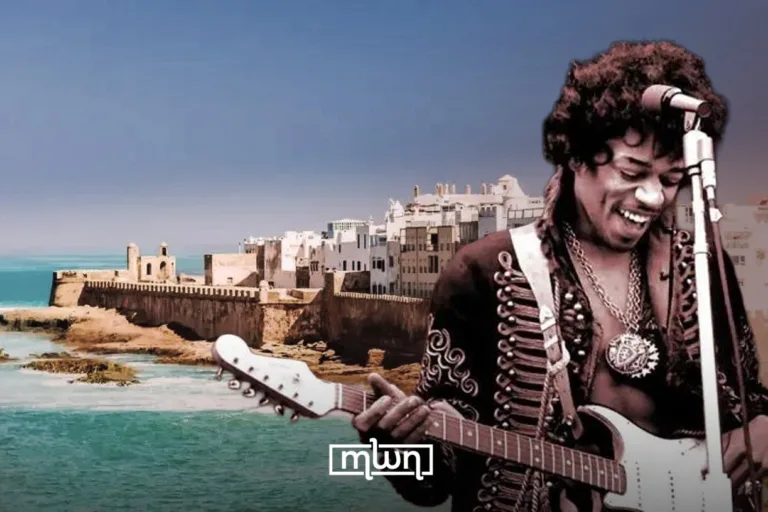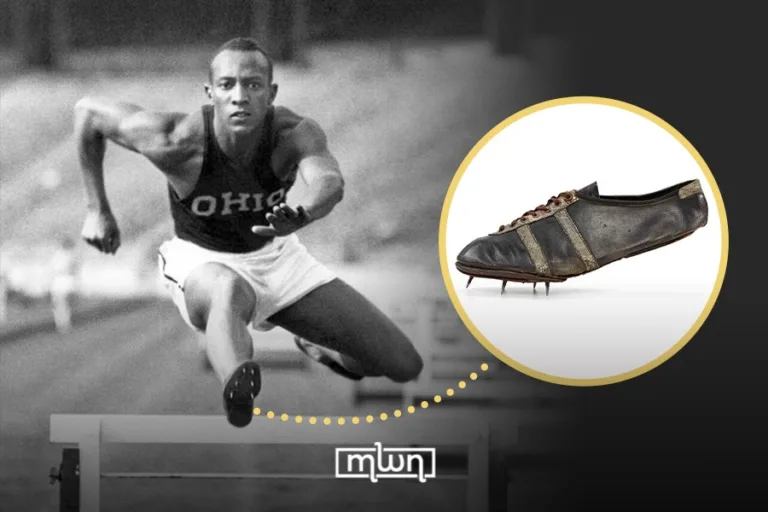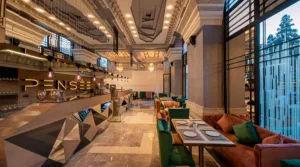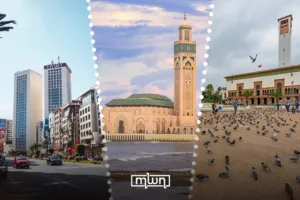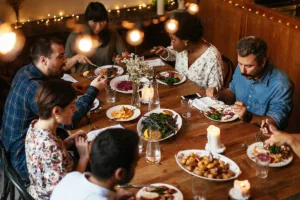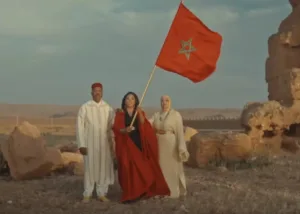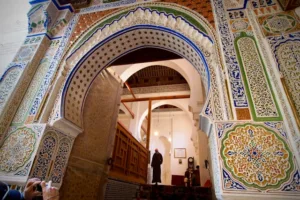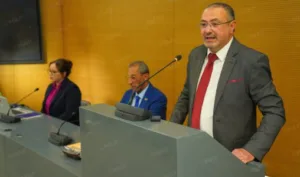Fez — The British Academy will host the British Institute for Libyan and North African Studies (BILNAS) Annual Lecture on Thursday, November 27, featuring Corisande Fenwick, Associate Professor of Mediterranean Archaeology at UCL’s Institute of Archaeology.
Her talk, entitled “The making of medieval Morocco: state formation and everyday life on the edge of empire,” draws on a wave of discoveries from Moroccan sites to reassess how rival Islamic polities emerged and how ordinary people lived, worked, and traded after the 7th-century conquests.
According to UCL’s event notice, Fenwick’s lecture synthesizes coins, pottery, glass, and sourcing studies that track the movement of raw materials and exotic goods across North Africa into Atlantic trade networks. The aim is to move beyond elite narratives and reconstruct daily realities in towns and countryside alike, at a time when Morocco was the first region to break away from the Caliphate.
Fenwick is one of the field’s most recognized voices on early Islamic and late antique archaeology. Her recent work spans multiple projects with Moroccan, Tunisian, British, and German partners, including field campaigns at the UNESCO site of Volubilis and in the Wadi Drâa, as well as collaborative research on oasis civilizations in the Moroccan Sahara (OasCiv). She also leads the ERC project EVERYDAYISLAM and contributes to the MEDGREENREV Synergy project rethinking the so-called medieval “Green Revolution.”
The lecture arrives amid renewed academic attention to how Islamization, agriculture, and craft technologies (ceramics, glass, metalwork) transformed North African societies. As the abstract notes, mosque and palace building are only part of the story; equally important are shifts in crops, irrigation, artisanal techniques, and the connective tissue of trade that tied Morocco to far-flung markets from the Atlantic to China. By foregrounding material culture and scientific analyses, the talk promises a ground-up view of how cultural change varied regionally yet produced a distinctly Islamic “cultural package.”
Fenwick’s professional trajectory underscores the lecture’s significance. A 2022 Philip Leverhulme Prize laureate, she has served on the BILNAS Council (including as Director from 2020 to 2024) and authored Early Islamic North Africa while co-editing the Oxford Handbook of Islamic Archaeology. Registration for the British Academy lecture is available via Eventbrite.
BILNAS, which promotes research on Libya and North Africa, confirmed the lecture timing and venue in a recent announcement, framing it as its flagship annual event. For scholars and the public alike, it is a rare chance to hear new Moroccan evidence reshape long-held assumptions about the medieval Maghrib—well beyond palaces and dynasties, and into the textures of everyday life.

